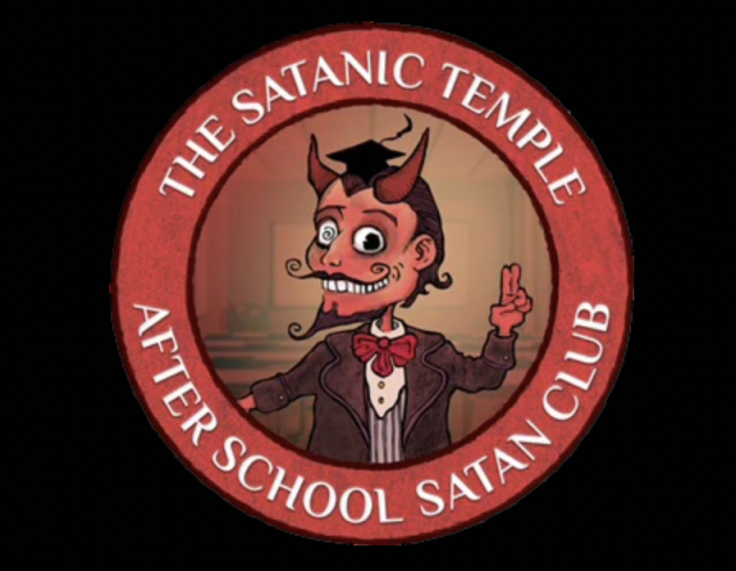
In an unexpected twist to after-school programs, elementary schools across the United States are seeing the emergence of After School Satan Clubs. The phenomenon has recently gained attention, with Google trends indicating a spike in searches related to these clubs.
What is the Satanic Temple?
The After School Satan Club, led by volunteers and operated by The Satanic Temple, is part of the temple's efforts to provide an alternative to traditional religious groups. The Satanic Temple, a non-theistic religion, views Satan as a metaphorical construct symbolizing the rejection of tyranny and the championing of the human mind and spirit.

Contrary to popular misconceptions, the After School Satan Club is not about devil worship. June Everett, campaign director of the club, emphasized that Satan is merely a symbol, and the club's mission is focused on free inquiry, rationalism, and scientific understanding. Activities include show-and-tells, visits from local musicians, science and craft projects, and community-focused initiatives.
The club's mission states: "Proselytization is not our goal, and we're not interested in converting children to Satanism. After School Satan Clubs will focus on free inquiry and rationalism, the scientific basis for which we know what we know about the world around us. We prefer to give children an appreciation of the natural wonders surrounding them, not a fear of everlasting other-worldly horrors."
Why Is It Allowed?
The U.S. Supreme Court's 2001 ruling in The Good News Club v. Milford Central School District paved the way for religious organizations to hold events on public school grounds, citing freedom of speech rights. Despite legal standing, After School Satan Clubs have faced resistance in various communities, with parents expressing concerns in places like California, Ohio, Connecticut, and Pennsylvania. Notably, the temple recently concluded a $200,000 settlement with the Saucon Valley School District in Pennsylvania, resolving an accusation that the district hindered the temple's use of a middle school, coincidentally also used by the Good News Club.
In 2019, Donald Trump gave the temple a "legal leg to stand on" because the Internal Revenue Service granted it tax-exempt status as a religious organization. Gov. Ron DeSantis of Florida said that the temple isn't even a religious organization.
Ron DeSantis says when he heard about the Satanic display in the Iowa capitol, he asked:
— DeSantis War Room 🐊 (@DeSantisWarRoom) December 13, 2023
“How did it get there? Is it even a religion? Lo and behold, the Trump administration gave them approval to be under the IRS as a religion."
"It very well may be because of that ruling… pic.twitter.com/QgsfS2ehsv
Read Also : Utah Elementary School Apologizes After Parent Backlash Against Slavery Simulation Activity in Class
Reactions and Statements
In response to public outcry, school districts and superintendents are grappling with the controversy surrounding After School Satan Clubs. Lebanon School District Superintendent Isaac W. Seevers, referencing the 2001 Supreme Court ruling, affirmed the district's obligation to treat all groups equally. Since they're hands are tied by the law, they cannot prevent the club from meeting. However, to lessen the worry of the parents, school heads ensured that students could only join if they had a signed parent's permit. Leaflets of the club will also not be distributed in school or social media.
Other districts, such as the Memphis-Shelby County School District, have expressed discomfort but acknowledge the legal framework that allows such clubs.
"We cannot allow any entity called Satanic Temple to have private time with our children," said Rev. Bill Adkins, pastor of Greater Imani Church. "I can't go into the school building and pray. But yet we can rent a facility to the Satanic Temple and they can give a party for children. It's ridiculous. It's absurd."
The emergence of After School Satan Clubs underscores the ongoing challenge of balancing religious freedom with public education. As these clubs continue to gain traction, communities and school districts find themselves navigating uncharted territory, grappling with legal obligations while addressing concerns from parents and the wider public.